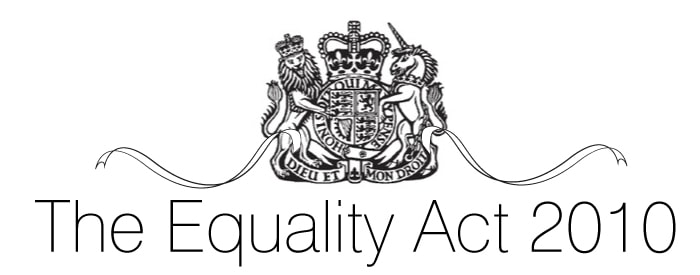WHAT DOES UK LAW SAY ABOUT ASSISTANCE DOGS, AND WHERE CAN THIS BE FOUND. WE COVER THIS BELOW
Assistance Dogs appear in the ???????? ??? ???? – ???? ??, ???????? ???-???. This is in relation to taxis and private hire vehicles.
Auxiliary aids also appear in the ???????? ??? ???? – ???? ?, ???????? ??-?? under adjustments for disabled persons. This is in relation to reasonable adjustments.
Businesses are required to make reasonable adjustments for auxiliary aids. For instance, making a building wheelchair friendly.
Whether a business has made a reasonable adjustment may depend on such things as the size of the business, the resources available to the business, the cost of providing the extra aid or service, and the health & safety implications (i.e. food hygiene or child safety).
In the case of a dispute, only a court can decide what is reasonable.
The Equality Act doesn’t specify anywhere that a dog has to be labelled as an assistance dog, but the argument could be made that a reasonable adjustment from the perspective of the premises owner, would be to label the dog as such, as long as it is safe to do so (i.e. will not cause the dog to overheat) so as to distinguish it from a pet.
Again, although the law does not specify that a dog must behave to a high standard, the argument could be made that for the safety of the premises holder and visiting members the dog must behave accordingly. Again any dispute over whether this standard has been met can only be decided in a court.
Although the law is very precise, the individual standards and interpretations can change how the law is perceived to the individuals. This makes understanding the law on assistance dogs difficult at times.
That said, for the most part you can not be asked to leave a premises without reasonable cause. Just because your assistance dog might misbehave doesn’t mean it will, and therefore can not be asked to leave on this basis. The same applies if they say that one came in earlier and peed or bit someone, they cannot brand you in the same light.
This is also the case regarding whether someone has allergies or fear of dogs. It cannot be a situation of “might” or based on past experiences. Unless said person is at risk of death (which is highly unlikely and rare), they are capable of making a reasonable adjustment. Do they know of this person with the allergy? Yes? Good we can ensure a safe distance. No? Then they are merely fabricating a situation that has not happened.
Assistance dog handlers will at one point be refused access somewhere. Be it a public bathroom, hotel, shop, restaurant and even someone they have been several times before with an assistance dog. It happens. The best thing to do is remain respectful. You’ll find telling them “I have access rights” gets you nowhere and merely questioning why you are being refused will get you far further. Once you know the cause for the refusal you can begin to create a polite and relevant argument to grant you access.
Be aware that when I say ‘argument’, I do not mean shouting and conflict. I mean a civil exchange of information. This is part of being an assistance dog owner, and a decent human being.
Are you a business or premises owner and not sure what your rights are? Have a look at our page dedicated to you.
???????? ??? ????
https://www.legislation.gov.uk/ukpga/2010/15/contents


